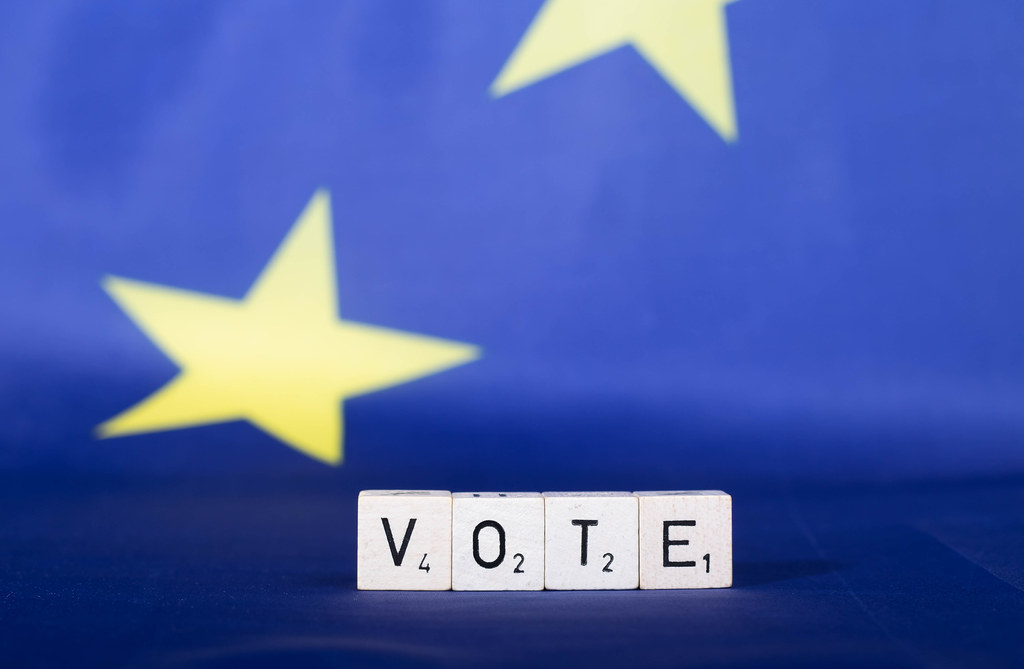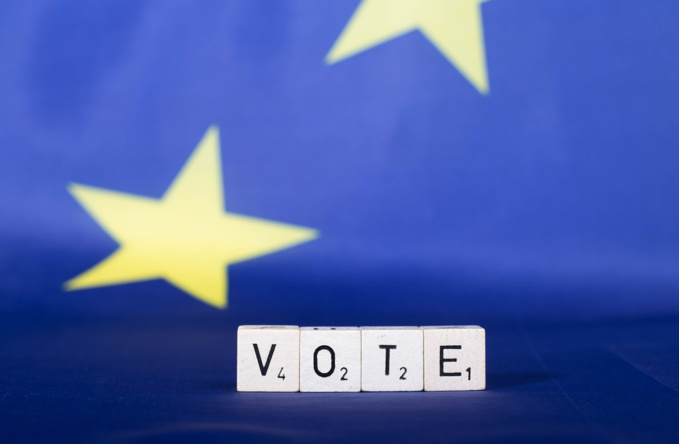Each country is counting the votes separately, and the European media is full of news about how the results of the supranational plebiscite correlate with the political landscape of the country. France is one of the states that earned special attention. President Emmanuel Macron had to go through half a year of “yellow vests” protests and the voting result has been the main intrigue. In 2014, Marine Le Pen’s Front National received more than 25% of the vote, and now, after rebranding as Rassemblement National (RN), it hopes to repeat that triumph.
The victory of RN was predicted by polls. Although La République en Marche! ruling party has been steadily winning presidential, parliamentary, and regional elections for two years, it hoped to catch up.
This did not work out, and RN deputies overtook LREM deputies with a result of 23.31% versus 22.41%,. Surprisingly, the French Greens, the former polls outsiders, took the third place. They collected almost 14%, and Yannick Jadot, the party’s main representative for the elections, could not hide his joy, saying that success had become “part of the European green wave”.
The number of voters reached almost 52%, which is significantly more than 42% achieved in the previous European elections in 2014.
And here’s how the preliminary alignment looks at the European level. The European People’s Party (EPP), which represents interests of the right-wing center forces in the European Parliament, will receive 179 instead of 213 seats. The Social Democrats group (S&D) will probably get 150 seats instead of 190.
The Alliance of Liberals and Democrats for Europe (ALDE) group, as well as representatives of the green party bloc, rushed forward: 107 and 70 seats instead of 64 and 53 seats, respectively.
Populists and Euroskeptics from the far-right Europe of Nations and Freedoms and the right-conservative Europe of Freedom and Direct Democracy received a total of 114 seats, improving their results by 36 mandates. European Conservatives and Reformists got 58 instead of 46 seats.
The number of deputies in the European Parliament - a total of 751 - is proportional to population of each country. At the same time, small states delegate at least six deputies (like Malta and Cyprus), and large ones - no more than 96. The last restriction was actually imposed against the most populated EU country, Germany. Otherwise, the number of its parliamentarians would have been 99 in the last election. This distribution of votes could knock the UK out of the EU, but London and Brussels could not agree on it.
As a result, the European Parliament mirrored national assemblies of the leading European countries: it stopped being a two-party party.
Heavyweights from the right and left center will now probably be forced to negotiate a coalition with the Alliance of Liberals and Democrats, and most importantly, to put up with more or less radical, but mostly far-right MPs. In addition to France, Euroskeptics and the far-right went ahead in Italy, Belgium, the UK.
At the same time, voter turnout jumped for the first time in many years thanks to efforts of politicians from various camps.
So far, turnout has steadily decreased, breaking the milestone in 50% in 1999 and dropping to 43% by the last election in 2014. Now, 50.5% of voters went to the polls again.
“I congratulate us all. We have not seen such a result for decades,” said Margrethe Vestager, the candidate for the European Commission’s Head. However, her optimism may be associated not only with the still low turnout, but with the upcoming distribution of leading posts in the European Union, where Mrs. Vestager hopes to take a significant position.
source: reuters.com, cnn.com
The victory of RN was predicted by polls. Although La République en Marche! ruling party has been steadily winning presidential, parliamentary, and regional elections for two years, it hoped to catch up.
This did not work out, and RN deputies overtook LREM deputies with a result of 23.31% versus 22.41%,. Surprisingly, the French Greens, the former polls outsiders, took the third place. They collected almost 14%, and Yannick Jadot, the party’s main representative for the elections, could not hide his joy, saying that success had become “part of the European green wave”.
The number of voters reached almost 52%, which is significantly more than 42% achieved in the previous European elections in 2014.
And here’s how the preliminary alignment looks at the European level. The European People’s Party (EPP), which represents interests of the right-wing center forces in the European Parliament, will receive 179 instead of 213 seats. The Social Democrats group (S&D) will probably get 150 seats instead of 190.
The Alliance of Liberals and Democrats for Europe (ALDE) group, as well as representatives of the green party bloc, rushed forward: 107 and 70 seats instead of 64 and 53 seats, respectively.
Populists and Euroskeptics from the far-right Europe of Nations and Freedoms and the right-conservative Europe of Freedom and Direct Democracy received a total of 114 seats, improving their results by 36 mandates. European Conservatives and Reformists got 58 instead of 46 seats.
The number of deputies in the European Parliament - a total of 751 - is proportional to population of each country. At the same time, small states delegate at least six deputies (like Malta and Cyprus), and large ones - no more than 96. The last restriction was actually imposed against the most populated EU country, Germany. Otherwise, the number of its parliamentarians would have been 99 in the last election. This distribution of votes could knock the UK out of the EU, but London and Brussels could not agree on it.
As a result, the European Parliament mirrored national assemblies of the leading European countries: it stopped being a two-party party.
Heavyweights from the right and left center will now probably be forced to negotiate a coalition with the Alliance of Liberals and Democrats, and most importantly, to put up with more or less radical, but mostly far-right MPs. In addition to France, Euroskeptics and the far-right went ahead in Italy, Belgium, the UK.
At the same time, voter turnout jumped for the first time in many years thanks to efforts of politicians from various camps.
So far, turnout has steadily decreased, breaking the milestone in 50% in 1999 and dropping to 43% by the last election in 2014. Now, 50.5% of voters went to the polls again.
“I congratulate us all. We have not seen such a result for decades,” said Margrethe Vestager, the candidate for the European Commission’s Head. However, her optimism may be associated not only with the still low turnout, but with the upcoming distribution of leading posts in the European Union, where Mrs. Vestager hopes to take a significant position.
source: reuters.com, cnn.com



















